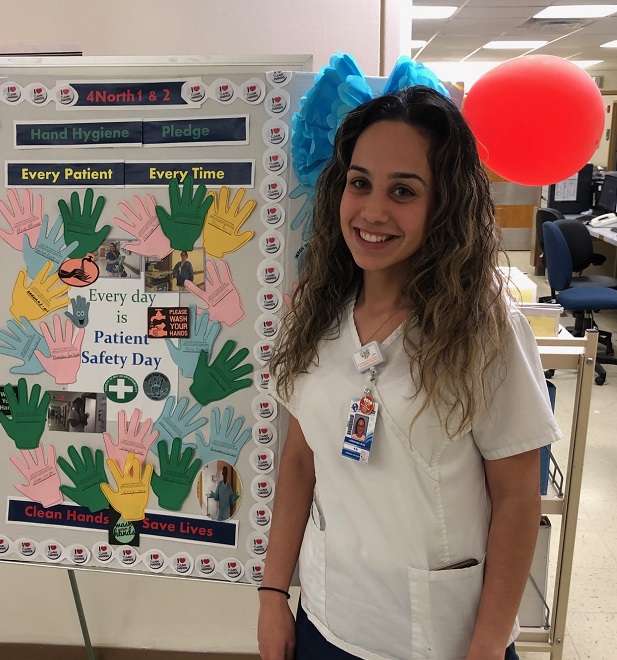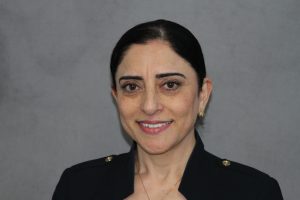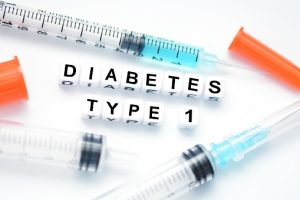Alopecia areata is a condition that affects over 6.8 million people in the United States. It is a common autoimmune disorder that is characterized by the unpredictable loss of hair. Usually, the hair loss is localized to small patches that are about the size of a quarter but in more severe situations a larger amount of hair may fall out. Hair loss is typically from the scalp but it can also be from the beard, eye lashes or the entire body. It can affect both men and women at any age but most commonly is seen before the age of 30. Approximately 20 percent of the people who experience alopecia have a family member who has had it.
Alopecia occurs when the white blood cells in the body attack the hair follicles, which in turn causes them to slow down hair production and ultimately lead to hair loss. The hair follicles aren’t usually destroyed so once the autoimmune response is controlled either spontaneously or with the help of medication, hair can start to regrow. For many, hair regrowth can be achieved without the use of medication.
The diagnosis of alopecia is usually made by simple observation of the area where the hair loss occurs. In some cases a dermatologist may want to perform a biopsy or a blood test to test for the autoimmune response.
While there is no cure for alopecia there are ways to treat it. The medications that are used to treat it typically are very powerful anti-inflammatories, administered either orally which can have serious side effects, through localized injections or as a topical cream. They act by suppressing the immune response that causes alopecia. The sudden loss of hair may cause people emotional distress and therefore they may need emotional support or professional help.
If you have noticed a sudden loss of hair, you should speak with your physician about the possible causes. You can schedule an appointment with a dermatologist at Flushing Hospital Medical Center by calling 718-670-5486.
All content of this newsletter is intended for general information purposes only and is not intended or implied to be a substitute for professional medical advice, diagnosis or treatment. Please consult a medical professional before adopting any of the suggestions on this page. You must never disregard professional medical advice or delay seeking medical treatment based upon any content of this newsletter. PROMPTLY CONSULT YOUR PHYSICIAN OR CALL 911 IF YOU BELIEVE YOU HAVE A MEDICAL EMERGENCY.





 This week is National Poison Prevention Week. Did you know that every year more than 2 million poison-related injuries and deaths are reported in the United States and more than 90 percent of these cases occur in the home?
This week is National Poison Prevention Week. Did you know that every year more than 2 million poison-related injuries and deaths are reported in the United States and more than 90 percent of these cases occur in the home?



